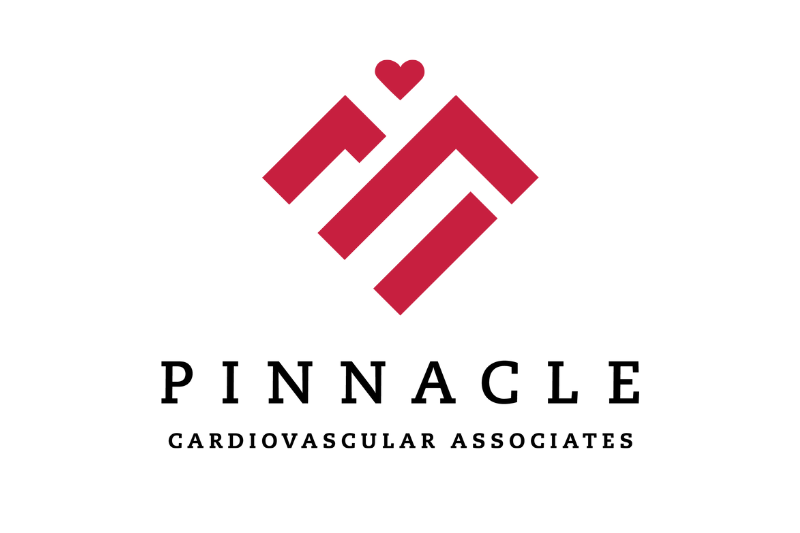Conditions We Treat
Heart disease is the leading cause of major disability and death in the United States. There is no one way to develop a heart condition or disease – it can be inherited, present at birth or can develop due to lifestyle.
At East Alabama Health, our cardiology and electrophysiology specialists aim to help you with both the diagnosis and treatment of your heart condition or disease. Our heart team provides a number of therapies and procedures as well as counseling and education to help you manage your heart condition, maintain and improve your lifestyle and stay healthy.
Aortic regurgitation
A heart condition in which the aortic valve cannot close completely, allowing for some blood to flow backwards and leak back in. This causes the left ventricle to work harder to push blood through the valve, which may eventually result in heart failure.
Aortic stenosis
A heart disease that affects the ability of blood to flow from the heart throughout the body. The disease causes the aortic valve opening to narrow, making the more difficult for blood to flow. Aortic stenosis is normally caused by a buildup of calcium within the valve.
Arrhythmia
An arrhythmia is an abnormal heartbeat, whether that heartbeat is too fast, too slow or irregular. Arrhythmias are caused by interruptions to the electrical impulses that cause the heart to contract. A person with a healthy heart should have a resting heart rate between 60 and 100 beats per minute, depending on your age and physical condition.
Bicuspid AV and aortopathy
Bicuspid aortic valve disease is the most common congenital heart condition. This is when the aortic valve only has two flaps instead of three, which can lead to either aortic stenosis or regurgitation. Patients afflicted with this may not be diagnosed with or notice symptoms until later in life.
Coronary artery disease (CAD)
Coronary artery disease (CAD) occurs when your coronary arteries, the major vessels that supply blood, oxygen and nutrients to your heart, become damaged or blocked and blood flow to your heart is decreased. Plaque and inflammation are usually to blame for blocking these arteries and the development of CAD. Coronary artery disease often develops over a long period of time, and in some cases, a person may not have symptoms until he or she has a heart attack, which is caused by a complete blockage.
Heart attack
The buildup of fat, cholesterol and hard plaque in your coronary arteries can cause particles in the blood to clot. If a blood clot completely blocks the artery, blood flow cannot get to that part of the heart muscle. That is when a heart attack occurs. The longer the artery stays blocked, the more permanent damage that occurs to your heart muscle cells.
Heart failure
Congestive heart failure is a condition in which the heart does not pump blood as effectively as it should. Heart failure can occur when the heart muscle is too weak or when another health problem inhibits the heart from efficiently circulating blood.
Heart valve disease
Heart valve disease is a condition in which one or more of the four valves of the heart does not open or close properly, which can disrupt the blood flow from your heart to your body.
Infective Endocarditis
Infective Endocarditis is when the surface of the heart becomes infected by bacteria. Infective endocarditis can cause the tissue within the valve to deteriorate and leak.
Mitral Regurgitation
When the mitral valve between the left heart chambers cannot close properly it is classified as mitral regurgitation. This causes blood to flow backwards through the heart.
Mitral Stenosis
Mitral stenosis is when the valve between the left heart chambers is too narrow, and cannot pump all the blood into the heart’s main chamber. When this happens, blood flows backwards into the heart.
Pulmonary Embolism
Pulmonary Embolism occurs when a blood clot gets lodged in an artery in the lung, blocking blood flow to part of the lung. Blood clots most often originate in the legs and travel up through the right side of the heart and into the lungs.
Pregnancy and Valvular Heart Disease
Pregnant women who are affected by valvular heart disease need to take special precaution when it comes to management of their condition. Valvular heart disease is classified as when any of the heart’s four valves do not work. This affects the natural flow of blood throughout the body, and the heart’s ability to pump blood.
Prosthetic Valves
Prosthetic valves are designed to perform the same functions as native valves. These valves are used to combat against reverse flow of blood caused by a weakened valve.
Tricuspid Valve Disease
This disease is classified as when the valve between the two right heart chambers does not work properly. This causes the valve to have to work harder to pump blood to the lungs and different parts of the body.










